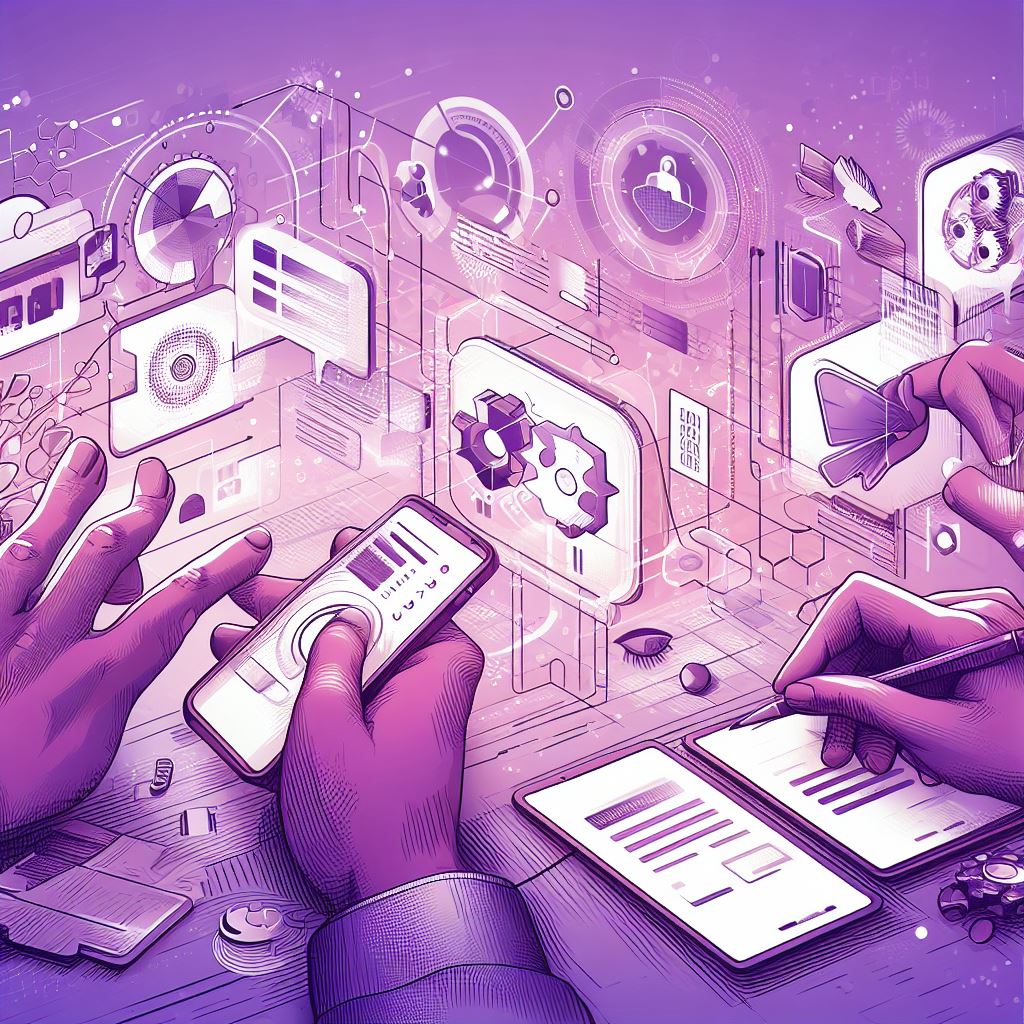“Learning by Doing” in Workplace Education and Training
Experiential learning, often referred to as “learning by doing,” is an educational approach that emphasizes the importance of hands-on experiences and reflection in the learning process. In this blog post, we will explore the theoretical foundations, key principles, and practical applications of experiential learning in various educational contexts. We will also discuss the benefits of this approach for developing critical thinking, problem-solving, and interpersonal skills. Experiential learning is rooted in several influential theories of education and learning, including John Dewey’s philosophy of education (Dewey, 1938), David Kolb’s experiential learning theory (Kolb, 1984), Jean Piaget’s constructivist theory (Piaget, 1950), and Lev Vygotsky’s social constructivism (Vygotsky, 1978). These theories share the common belief that learning occurs through active engagement with real-world experiences, followed by reflection and meaning-making.
Key Principles of Experiential Learning:
Experiential learning is characterized by several key principles, including active engagement, reflection, collaboration, personal relevance and authenticity, and a learner-centered approach (Kolb, 1984; Kolb & Kolb, 2005). By involving learners in the learning process and encouraging them to draw connections between their experiences and prior knowledge, experiential learning fosters deeper understanding and long-lasting learning outcomes.
Practical Applications of Experiential Learning:
Experiential learning can be implemented in various educational contexts, including formal education settings through project-based learning (Thomas, 2000), problem-based learning (Hmelo-Silver, 2004), and service-learning (Eyler & Giles, 1999). In training and professional development, experiential learning is often applied through simulations and role-playing (Aldrich, 2005), on-the-job training (Jacobs & Jones, 1995), and coaching and mentoring (Cox, Bachkirova, & Clutterbuck, 2018).
Benefits of Experiential Learning:
Research has demonstrated the effectiveness of experiential learning in promoting cognitive, affective, and skill development outcomes (Eyler, 2002; Hmelo-Silver, 2004; Strobel & van Barneveld, 2009). By engaging learners in authentic, real-world tasks, experiential learning helps develop critical thinking, problem-solving, and interpersonal skills that are essential for success in today’s rapidly changing world.
In conclusion, experiential learning, or “learning by doing,” offers a powerful approach to engage and motivate learners while fostering essential cognitive and social skills. By incorporating hands-on experiences, reflection, and collaboration, educators can create dynamic learning environments that prepare students for future challenges and success.

References:
Aldrich, C. (2005). Learning by doing: A comprehensive guide to simulations, computer games, and pedagogy in e-learning and other educational experiences. San Francisco, CA: Pfeiffer.
Cox, E., Bachkirova, T., & Clutterbuck, D. A. (2018). The complete handbook of coaching (3rd ed.). Thousand Oaks, CA: SAGE Publications.
Dewey, J. (1938). Experience and education. New York, NY: Macmillan.
Eyler, J. (2002). Reflection: Linking service and learning—Linking students and communities. Journal of Social Issues, 58(3), 517-534.









